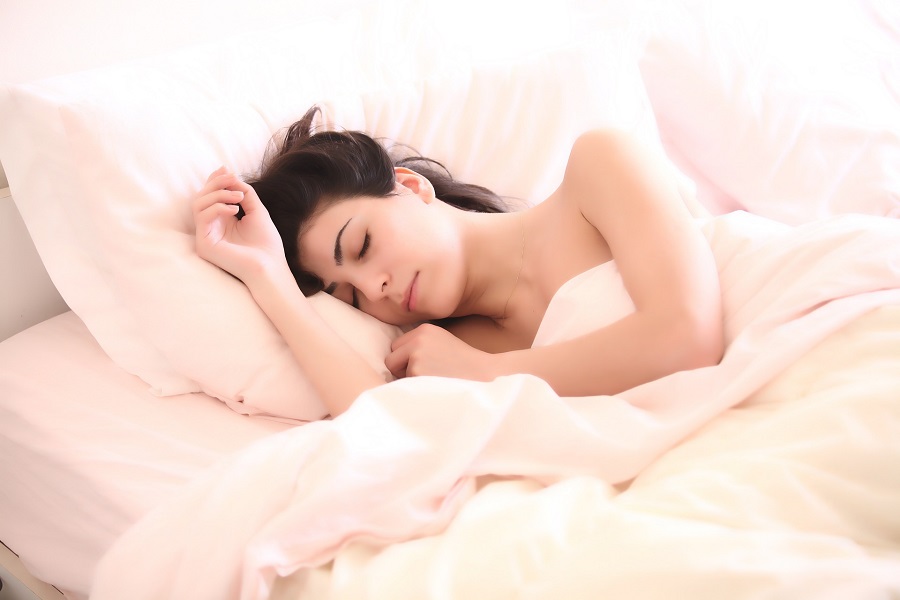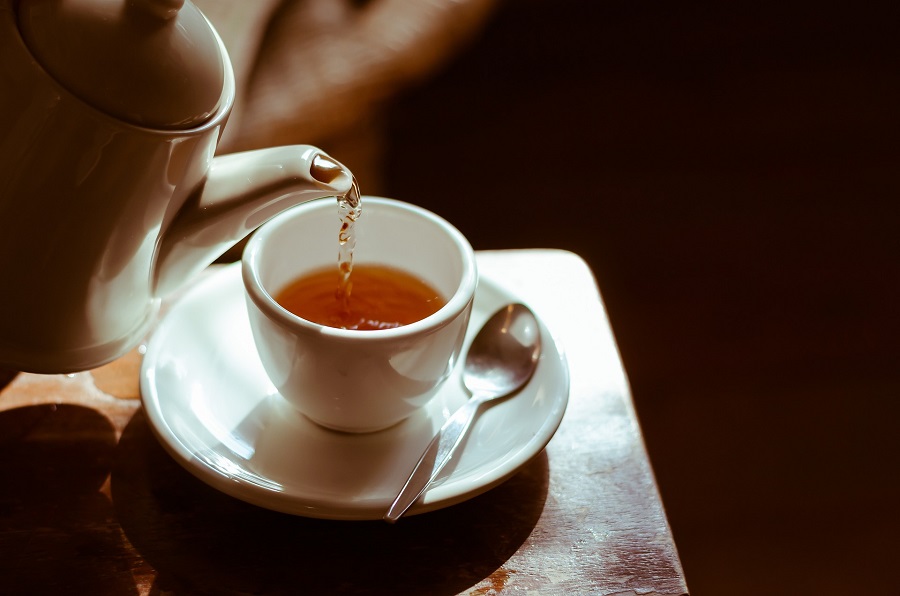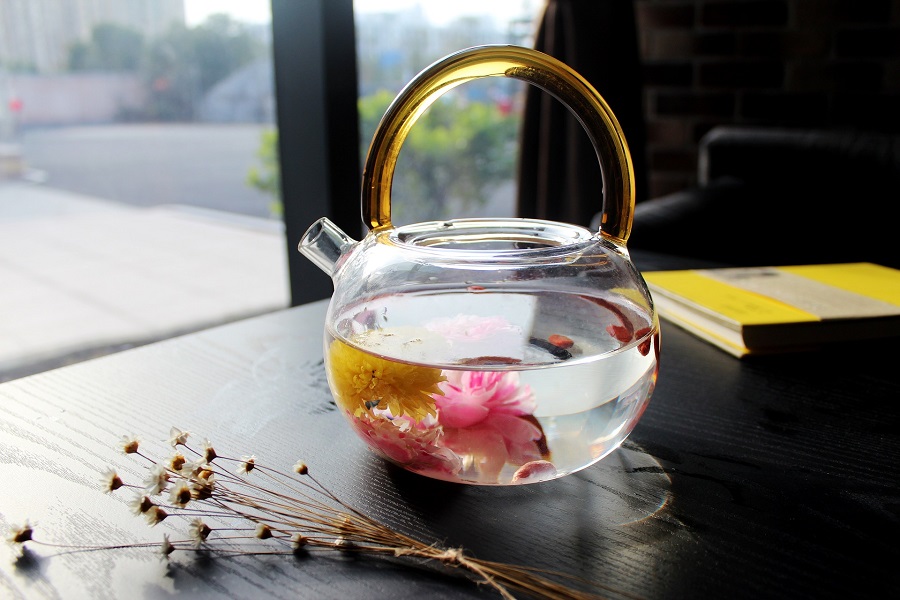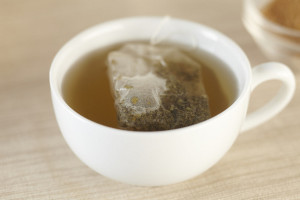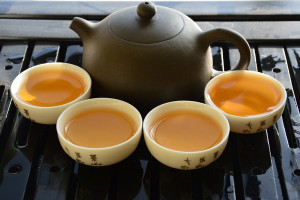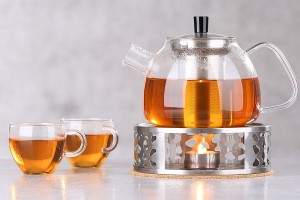What Should We Pay Attention to in Winter Sports
As the weather turns cold, some people do not exercise often, so the body’s immunity decreases and they are prone to get sick. At this time, exercise is particularly important. Proper exercise can help strengthen the body’s ability to resist disease and coldness. What adjustments should be made in winter sports? ( What Are the Most Beneficial Sports to Our Health?) Which sports are more suitable for winter? Here are some suggestions
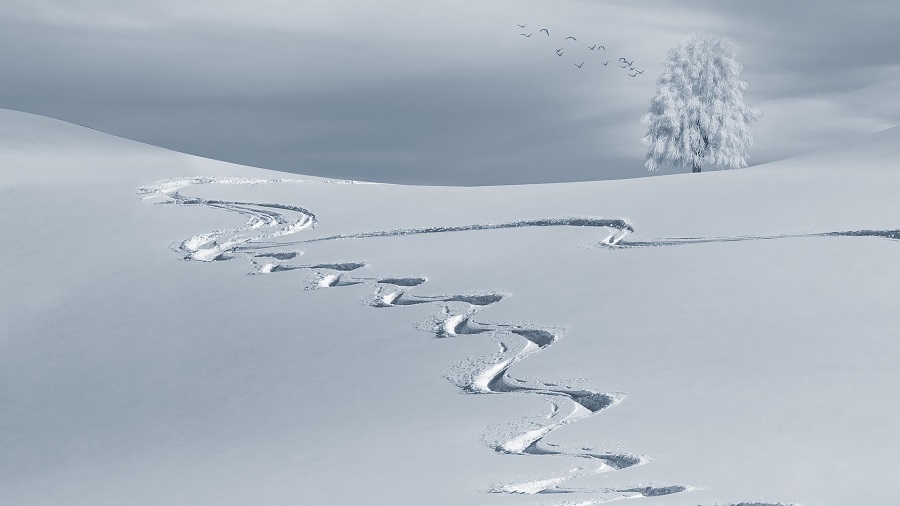
What changes will your body have in winter?
- 1. Decrease in muscle function
In a low-temperature environment, in order to prevent the drop of body temperature, it will reduce the blood flow of the muscle and significantly reduce the contraction speed of the muscle. Therefore, in a low-temperature environment, when people get engaged in sports with the same intensity as before, their sports performance will not be as good as before.
- 2. Increase in metabolic proportion
When you are exercising in a cold environment, the proportion of carbohydrate metabolism used by muscles will increase, which is easy to cause lactic acid accumulation and muscle fatigue.
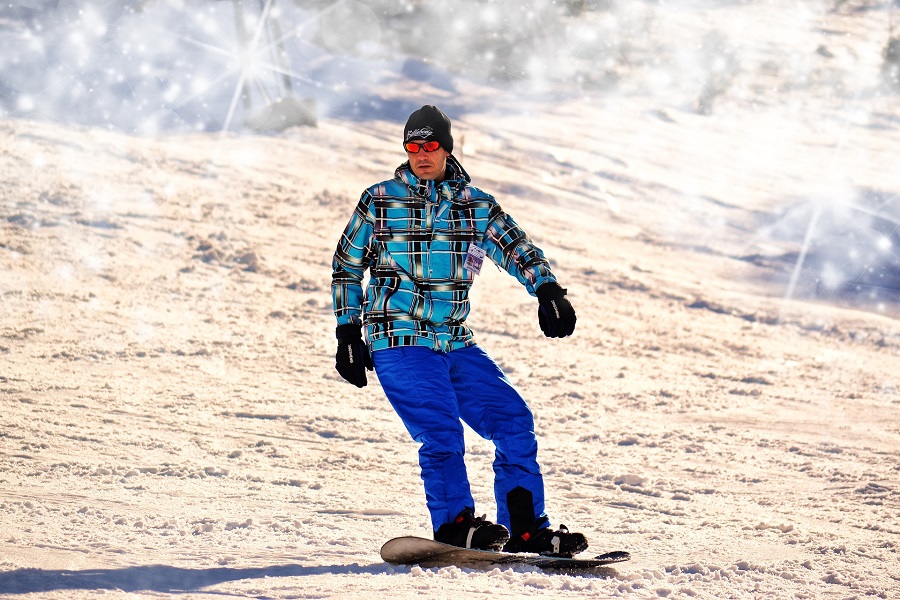
- 3. Respiratory discomfort
The normal temperature range of the human respiratory tract is about 26-32 degrees. When the exercise intensity is strong, people often breathe through the mouth. At this time, if you are in a cold environment, the temperature of the inhaled air is low, which will cause discomfort in the respiratory tract.
Things need to be paid attention to in winter sports
- 1. Don’t get up too early for sports
It is not advisable to get up too early for exercise in winter, especially for morning exercise. Not only is the temperature too low in the morning, but also the oxygen content in the ground air is low. Generally, it is better to wait for the sun to rise before exercising.
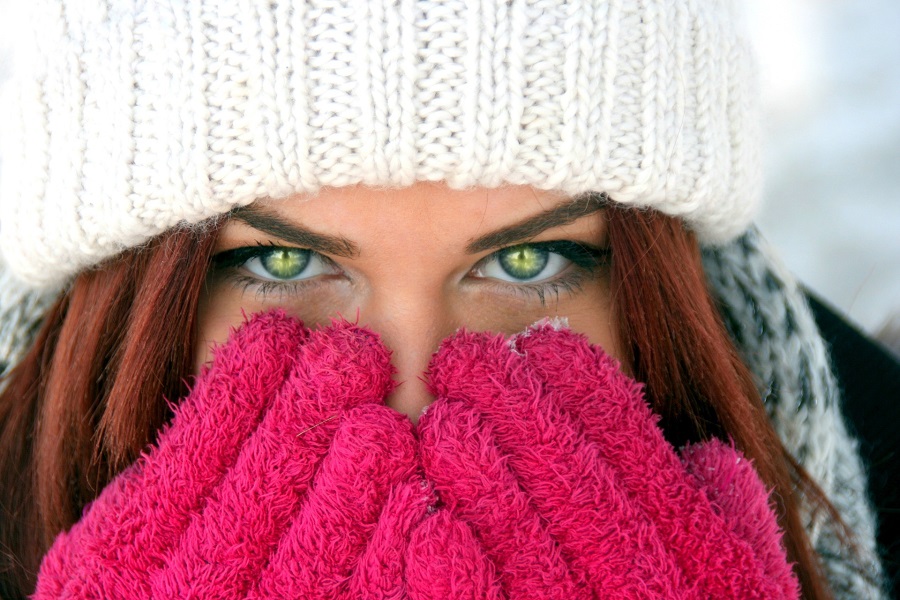
- 2. Prevent frostbite
The exposed parts of the body, including hands, face, ears and feet, should be protected from coldness when you are exercising outdoors. In addition, after the exercise, it is not appropriate to soak your hands in hot water immediately so as to easily aggravate the occurrence of chilblain. You must massage the cold parts first.
- 3. Keep warm
Don’t wear too little when exercising. But don’t wear too much either, which will hinder exercise and even affect the blood circulation of the body. In general, gloves, hats and ear protectors should be worn for cold protection and warmth preservation.
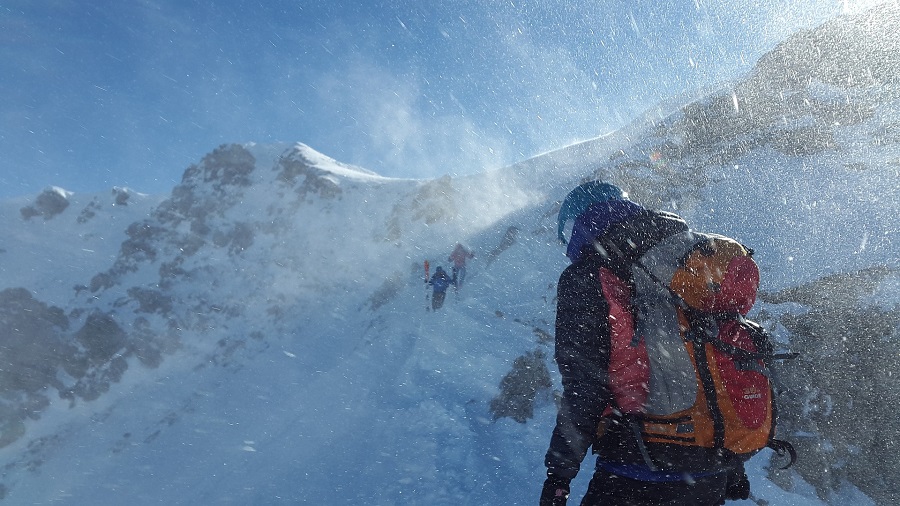
- 4. Eat something before exercise
Eating something before winter exercise can increase the body’s calories and avoid hypoglycemia when exercising on an empty stomach.
In addition to the above points, you should also extend the warm-up time, and it is not recommended to do strenuous exercise.
Read More:







